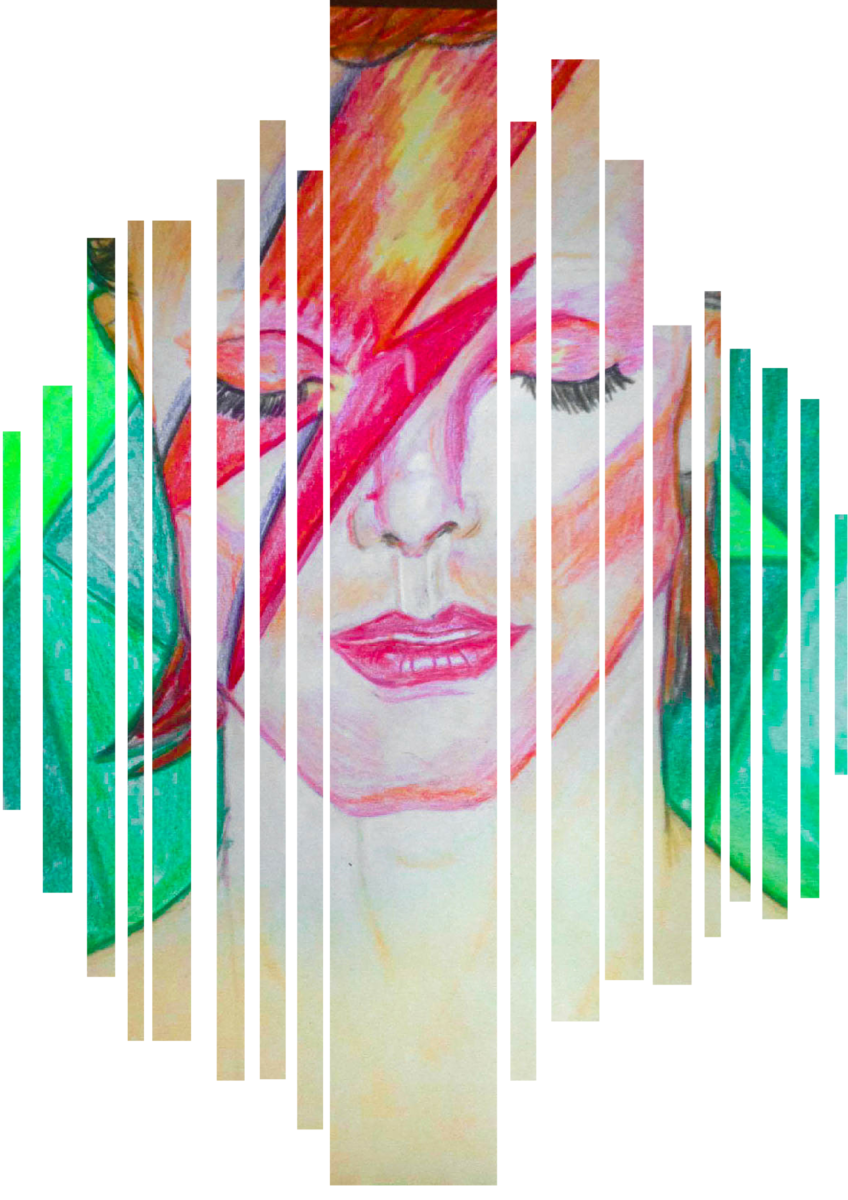
Truth be told, when last Monday morning I saw David Bowie had died as I scrolled through my newsfeed, I had mixed feelings. While saddened by his death and a fan of his music, I felt a disconnect. I only knew Bowie through his music and wasn’t alive in the post-space race era he emerged from. So while David Bowie the man had died, David Bowie the artist option on my iPod hadn’t.
With these two Bowies to deal with, and the critically acclaimed album Blackstar, which as many people pointed out, seems to deal with the theme of his imminent death, I wanted to know why the death of an artist who had written so much about alienation haunted me?
My journey led me to Eric Hill, manager of Backstreet Records on Queen Street in Fredericton. Stacks of used CDs pile up on every surface, and Bowie’s face pops on around every corner if you look hard enough.
I’d read in an earlier tribute that if Elvis Presley is the king of rock, and Michael Jackson the king of pop, David Bowie would be the king of what we now call alt-rock.
With Bowie’s many styles and faces – Ziggy Stardust, Thin White Duke or Major Tom – Hill says one way Bowie influenced the world was mixing theatrics and popular music.
“It pops up more in music like Madonna or Lady Gaga or some can argue even artists like Kanye West with his image controls owes a little to that,” Hill said. “It’s the knowledge that what you’re presenting is not just the songs but the whole package.”
Bowie didn’t invent English glam, or Philadelphia soul or German industrial music. But Hill says Bowie locked down superstardom by blending existing genres without tying himself down to one too much.
For Carmen Poulin, who teaches in the Gender and Women’s Studies program at the University of New Brunswick, Bowie pushed gender fluid boundaries – but many of her students don’t have a personal connection with him.
She says, like any celebrity, Bowie had a time and place, which new listeners just won’t get the fullness of.
While he made many people feel more comfortable in their own skins during the ‘70s, other artists now fill that role, just as artists did before Bowie. He was just a particularly bright example.
“Because of how much of a superstar he was, that gave him impact,” Poulin said. “(But today’s) models and examples are much more common than someone like David Bowie, (who) stood out from the crowd.”
Okay, but I’m still haunted by the version of Bowie from my iPod who seems to be very much alive.
Alan Hall, a STU philosophy professor, said he felt the same thing I did when scrolling our newsfeeds: the separation between the artist and the art.
For Hall, Bowie was kind of walking piece of art. And if the walking-talking piece of art that David Bowie was is dead, that’s something we can’t get back.
“Part of the thing, he was so canny about image and the way music and image fit together that you wonder if the point wasn’t about more than the music,” Hall said. “Look at how he died, he released an album a few days before he died that was all about death. It’s kind of amazing.”
Hall says it might be helpful to remember the ancient Greeks thought the muses were always speaking to their artists.
“If there’s something that an artist says that strikes us, it’s because they listen to the muses,” Hall said. “What we are grateful for is that the world makes more sense because he’s been in it.”
For Hall, without messing with physics, Bowie made the world bigger. For Hill at Backstreet Records, it’s the fingerprints he left on so much music. For Poulin, a understanding of gender fluidity and isolation; a star that burned especially bright in his time.
All I know is – whether you want to blame the muse or my iPod – is that he put his fingerprints on my imagination and that voice in my head isn’t going to go away.
